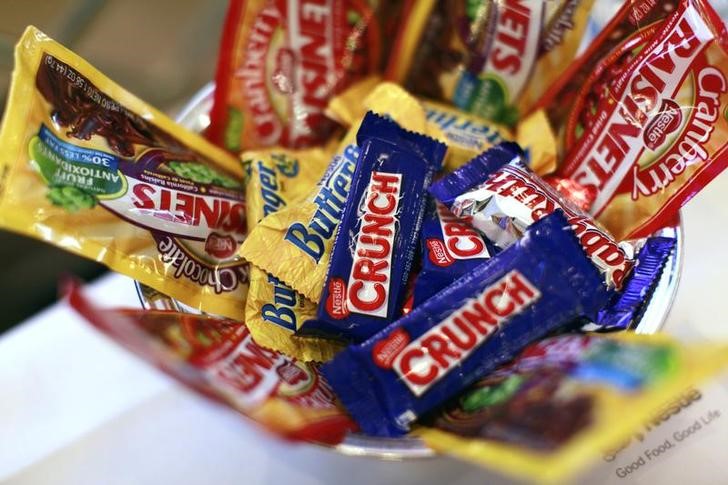By Geoffrey Smith
Investing.com -- Europe’s stock markets are struggling to add to recent gains Thursday, as a new round of business surveys suggest that the region’s manufacturing sector is still struggling to emerge from the slowdown of the last six months.
At 04:00 AM ET (0800 GMT), the benchmark Euro Stoxx 600 was down 1.12 points, or 0.3% at 388.46. The U.K. FTSE 100 and Germany’s Dax index were both also down 0.3%, while Italy’s FTSE MIB was the biggest loser, slipping 0.8% after the country’s central bank warned that its budget deficit is likely to be much wider than agreed with the EU in the next couple of years.
Flash readings of purchasing manager indexes for French and German manufacturing both fell short of expectations in April, although Germany’s did rise for the first time in nine months. Meanwhile, the equivalent French index fell surprisingly, with new orders continuing to decline. In both countries, readings from the services sector continued to be much better, with Germany’s reaching a six-month high.
“German manufacturing and service sectors are currently living in two different worlds,” said Nordea Markets analyst Jan von Gerich. “While any rebound is welcome news, the outlook for German manufacturing still looks horrible.”
The macro data have overshadowed a couple of impressive quarterly reports from consumer giants Nestle (SIX:NESN) and Unilever (LON:ULVR).
The Swiss giant has hit a new all-time high, continuing the tear it’s been on since the start of the year. Organic sales growth hit 3.4% in the first quarter, well ahead of the 2.8% consensus forecast, thanks not least to its baby food and pet food operations. The group is also advancing its reviews of its skin-care and processed meat operations, raising hopes that it will raise more cash for shareholders through disposals in the coming year.
Nestle’s great Anglo-Dutch rival Unilever released figures that weren’t quite as convincing. Organic sales rose only 3.1%, adjusted for M&A activity, and 1.9 percentage points of that was due to price increases rather than sales volume. The company still managed to increase its dividend by 6%, however, and chief executive Alain Jope said that its acquisitions over the last three years – which aim to ensure that the company stays abreast of changing consumer tastes – collectively grew by “double-digits”. Jope also forecast that sales would be “in the lower half” of its target range of 3%-5% for the whole of 2019.
